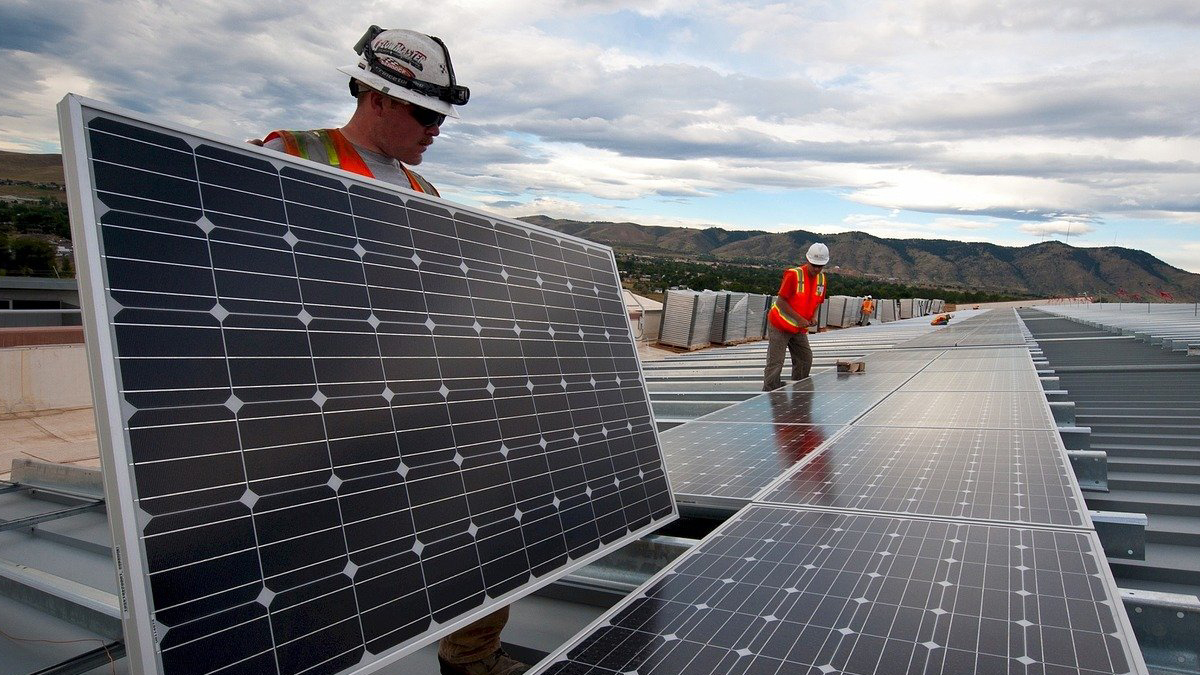The cost for solar energy installation continues to drop and many believe the industry no longer should be subsidized, yet there are arguments that solar power is inefficient compared to fossil fuels.
While solar is considered a free energy source, its reliability has been questioned.
An article published on YouMatter discussed efficiency of solar cell panels, indicating typical panels only operate at approximately 22% efficiency. The best cell panels can reach 26.7% efficiency. Research is now trying to design solar panels that have more efficient sunlight conductors, the article stated, to they can concern a higher amount of sunlight into electric.
Aside from typical panels only operating at 22%, when solar panels are dirtied they do not output as much energy. In fact, their output could be diminished by nearly 20% if dust is on the panels, CFACT indicated.
"The average lifespan of a solar panel is about 20 years, but high temperatures (as in the Mojave Desert) can accelerate the aging process for solar cells, and snow, dust and other natural events (tornadoes, earthquakes), can cause material fatigue on the surface and in the internal electric circuits – gradually reducing the panel’s power output," CFACT's report stated.
In addition, CFACT indicated that solar panels generate more toxic waste than nuclear power plants--generating 300 times more toxic waste per unit. The solar panels also are made of lead and other toxic chemicals and over time rain can wash the toxins out of the solar modules.
While solar energy has become cheaper to install, they are actually making electricity pricier. Forbes reported that Germany, which expanded its solar and wind energy from 2006 to 1017 saw its energy costs rise by 51%. California also built up its solar energy infrastructure and energy costs in that state have risen 24%.
Forbes pointed out that it's the renewables unreliability that makes prices higher. Solar and wind do not produce enough energy when people need it, and produce too much when there is not a need. Therefore, they both require another form of power that's reliable when it is needed. Therefore, as Forbes pointed out, Germany, California and Denmark which are heavily dependent on solar and wind must pay their neighbors to take energy if they product too much.
One analyst said that Texas encourages wind and solar investments by offering rewards for production and investment tax credits. Charles McConnell, executive director of the Center for Carbon Management in Energy and Sustainability at the University of Houston, told the Houston Republic that the reward for production and investment tax credits allows investors to fund renewable expansions with a quick return on the financial backing. He said that to get tax credits, producers using renewables can offer their electricity at a loss and even pay for their electricity to be utilized during high-production times to guarantee they get tax credits. This has caused economic problems for some companies.





